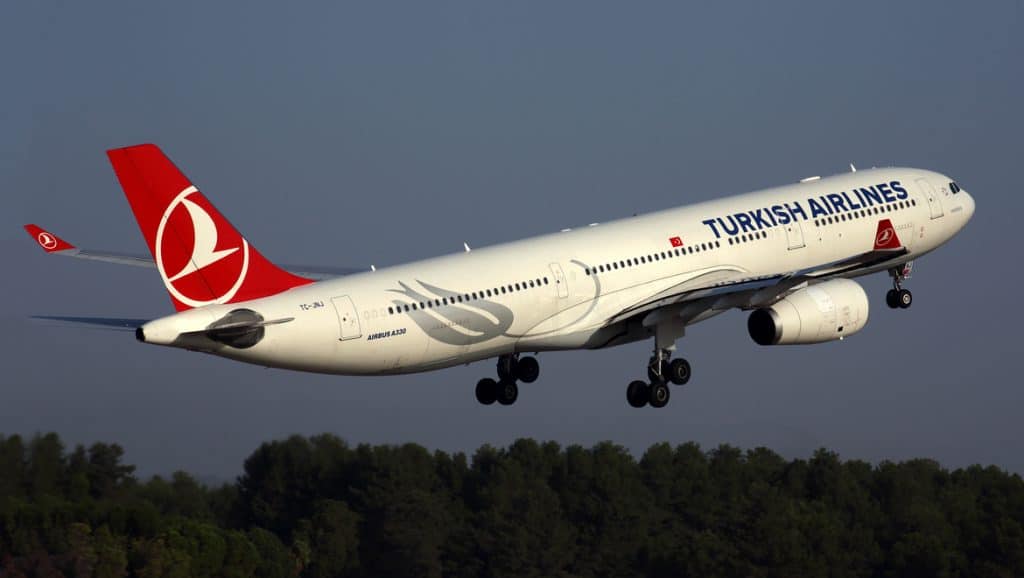
After resuming domestic flights at the start of June, officials with the Turkish Transport Ministry hoped to recommence international service on Wednesday this week. At the time, Minister Adil Karaismailoglu said that flights would resume 10 June to a handful of destinations, including Northern Cyprus, Greece, Bahrain, Bulgaria and Qatar.
Though a failure to secure permits from the country’s civil aviation authority – the Directorate General Of Civil Aviation – delayed the planned reboot by a day, Turkish budget subsidiary AnadoluJet ran services to several European countries on Thursday.
Leisure airline SunExpress, a joint venture of Turkish Airlines and Lufthansa, also restarted flights to Germany and Switzerland this week, as well as budget airline Pegasus. However, the flag carrier itself has not been able to operate outbound flights as yet, which some sources have attributed to the permit issue.
The country has taken a cautious approach to reinstating international service, and has taken care to comply with stringent border restrictions. According to a spokesman for the airline, the first flights from the Turkish capital (operating to London and Dusseldorf) carried only EU citizens or residence permit holders.
Similar rules applied to additional AnadoluJet services that operated on Thursday to Amsterdam, Frankfurt, Berlin, Stuttgart and Munich. The airline also plans to ferry outbound passengers to Brussels and Paris (15 June) and Vienna (16 June).
As it stands, Turkey’s approach to border restrictions is out of step with most other countries. According to the IATA travel map, the country has no restrictions against people travelling from the US, and Brazil – the first and second worst-affected countries worldwide. Yet it maintains restrictions against those wishing to travel from Greece, South Korea and Switzerland.




